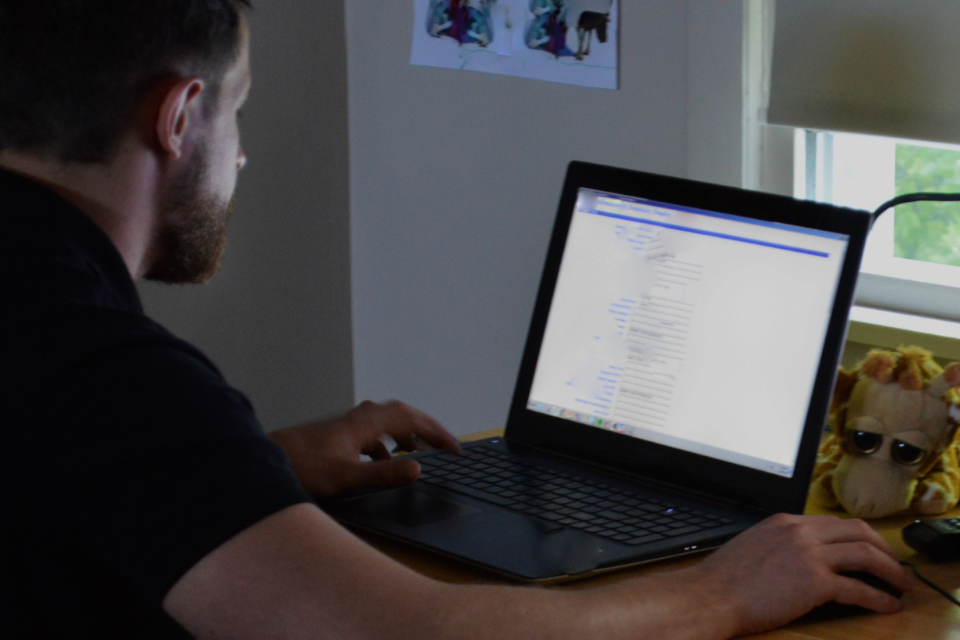The acts that are involved in doxing result in various crimes and civil wrongdoings, including invasion of privacy.
Is doxing illegal even if I submitted information online
Lawyers who specialise in doxing
What is doxing
Doxing (the word evolved from 'dropping documents') is the unauthorised publishing of a hacked person's personal information. This can include names, home, work and family addresses, phone numbers, emails, network details, financial details, images, videos, profiles, social security, national insurance, medical information and any other identifying information. It's a revenge or blackmail tactic that involves breaching someone's personal data, publishing it on the internet and attracting unsolicited harassment.
Perpetrators of hacking and doxing can get your information from anywhere that you may have visited or joined online that holds your data. This could be social media, old websites, blogs, forums, dating sites and gaming channels. Doxing criminals can also access your information from online data breach dumps. You may be surprised at how much information the internet holds about you (as well as third party data collectors). Unfortunately, the internet is a goldmine of data for hackers and blackmail sextortion perpetrators.
Is Doxing illegal
Doxing is not a crime by the name itself but the activities that are involved are, along with civil wrongdoings. Like: breach of privacy, revenge porn, harassment, defamation and misuse of information, malicious communications and all other acts associated with it. They are crimes or civil wrongdoings and are illegal.
Why do people commit doxing
What motivates people to commit doxing is really down to their own psychological make up or backstory. A dear client of ours - a pillar of society - didn't pay a design company a bill because he wasn't happy with the work done. Subsequently, the owner of the design company created a website about him, included his image and called him a paedophile, alongside publishing his home address to invite further attack. Thankfully, the perpetrator was tracked and brought to justice but such a horrendous attack on his client's reputation, all for an unpaid bill, questions motives. Why he wanted to intimidate, punish and humiliate his client over is something only he will know.
What damage can doxing do
The damage that doxing can do can be psychological, physical, financial and socially on the target. It is a horrendous reputation attack and invasion of privacy. It can affect your whole life if doxing has happened to you and feel hard to pick up from. From social backlash to PTSD to financial ruin from lack of trust from clients and can lead to self abuse and so on.
Being a target of doxing can make you feel humiliated, intimidated, exposed and controlled if you have had any personal information or intimate images shared online. There isn't an escape if there is a crime or civil wrongdoing of malicious intent committed against you online. If your image, name, address and contact details are displayed out there on the web, your private life can feel over, as you feel violated and humiliated and then subsequently, can suffer further consequences. For some, it could be fatal.
Is doxing illegal even if I submitted information online
Doxing is still illegal even if you have put the information online yourself. Even if you may have submitted sexual images or videos to the internet happily as part of your work, you did not want all of your personal information (or old personal information, as what happens in deadnaming) attached.
Even if you rely on work through your website or social media account, it doesn't mean that doxing is acceptable. You should not expect harassment in any way.
For instance, if you have submitted some information, images and a phone number online, as you would if you are a sex worker say, or performer in pornography films, it doesn't mean that crimes against you are expected. Any type of internet harassment and breach of privacy invasions are not acceptable for anyone. It doesn't make your case less valid if you have submitted the information online yourself, willingly.
Our internet law firm actually obtained a privacy injunction for our client who works as an escort, in a groundbreaking case. We took legal proceedings against a person unknown; a person who was threatening to publicise her private life, whilst keeping her identity private in court. The judge ruled that even though she advertised her services online, it didn't mean that she wasn't entitled to a private life.
We were also the first internet law firm in the UK to serve an injunction to an anonymous user on Instagram for our client that relied on social media for his business, in a private hearing.
Can doxing be prevented
Doxing would be hard to prevent, since a person with intent to abuse or harass will find a way. You can try and make it harder for online abusers that don't already know the information about you and are searching for information about you on the internet. Chances are though, even without information online, a person whose sole purpose is intent on attacking you personally, is going to dig deep. They are going to be creative and search intently and even pay money to other companies to find information.
There could be masses of data about you in public databases, so the exercise of removal online may be exhausting and never complete. To actively reduce some information that can be found about you online, you could:
- be aware of the amount of personal information that you give out online, when you sign up for things and when you tick agreements on websites
- start with doing on online search of yourself (basically doing what a person with doxing intent will do)
- ensure that you have ticked all of the correct boxes under Privacy Settings in your social media accounts.
- check out the long lists of data brokers sites online. It is a lengthy job but you can ask for the removal from each or you could ask someone to scrub your data for you
- check out if your email account has been pawned online. If it has, keep changing your password and make the passwords complex
- search Google for your image (search your name under images, right-click image and you can see where else they appear)
- contact platforms and website owners to remove your information.
To reiterate, no amount of removal of private information will stop a person from harassing you if they want to. You may want to read more about being online on our online harassment Q&A.
Lawyers who specialise in doxing
There are only a few lawyers who specialise in internet law. Our law firm is entirely devoted to social media and internet law. We are lawyers that deal with the criminal and civil wrongdoing elements of all internet crimes and that includes doxing. We understand the support that you would require and we understand the internet, so we know what to do in all internet crime situations.
Tracking down perpetrators and making them accountable is what we do, daily. We clean up private information off the internet that is on there about you. We also create legally binding solutions so that this situation won't be something that you have to worry about for much longer.
We want to support you if you are a target of doxing. We seek justice for our dear clients, we find perpetrators and we make them pay for all harassment and breach of privacy invasions.













